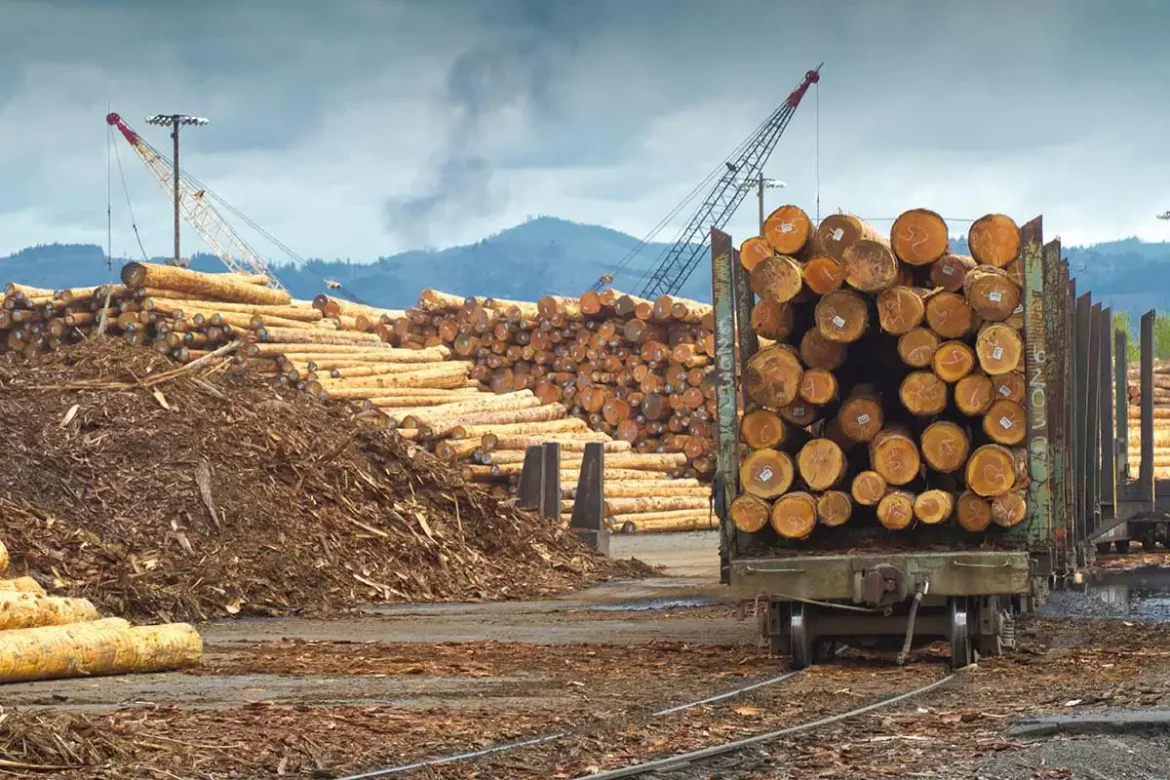No fewer than 300 Labor branches are supporting a push by the party’s environmental arm for the Albanese government to fund an expanded, publicly owned plantation industry to ensure the country gets the timber it needs and end native forest logging.
A report by the Labor Environment Action Network (Lean), the ALP’s largest internal lobby group, calls for the party’s national conference next month to support an industry policy focused on restoring native forests. It says that they have greater value if treated as a carbon and biodiversity sink than if logged to produce mainly low-value products such as woodchips, pallets and power poles.
The report, which was released on Wednesday, among other things, recommends the government salvage and expand Australia’s struggling plantation sector by creating a state-owned national plantation estate to “increase our domestic timber independence”.
Read also: Study suggests Gulf Stream could collapse as early as 2025
According to reports, nearly 90% of Australian timber comes from plantations, and just 12% from native forests, but next to no tree farms have been planted since 2010 and total plantation area is in decline. Government modelling suggests at least 400,000 hectares of new plantations will be needed over the next decade to meet demand.
Felicity Wade, Lean’s co-convener was quoted as saying that the evidence suggested expanding plantations could create 1,800 regional jobs, compared with 1,100 employed in the native forest industry nationally. She said 316 party branches across 100 electorates supported stopping native forest logging on economic and environmental grounds, and focusing on developing a plan to build a “vibrant 21st century plantation-based timber industry”.
“We have some of the most carbon- and biodiversity-rich forests on the planet and we’re mining them. What a waste,” Wade said. “Lean believes we need publicly owned plantation establishment, done smart. We need to plan what species need to be planted and where, with a plan for which manufacturing facility will take the wood and how it will get to market. We need to recognise the increased fire risks and diminishing water associated with climate change,”.
Story was adapted from the Guardian.
